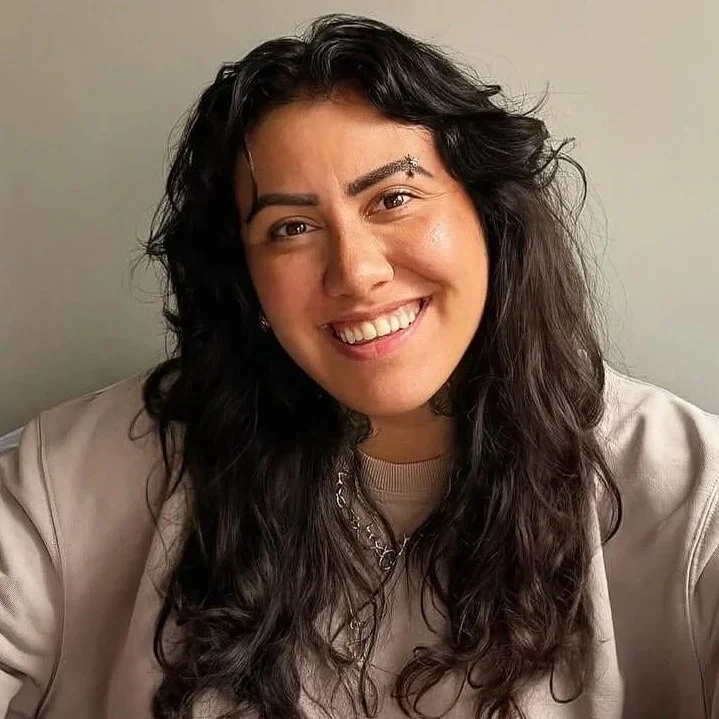Natasha Rabinovich, LCSW
Insurance
Aetna
Blue Cross Blue Shield PPO
Blue Choice PPO
Medicaid
United | Optum
Natasha is a Licensed Clinical Social Worker (LCSW) with a master’s in social work from DePaul University. They began their career as an addiction intervention specialist and have since worked across a range of settings, supporting individuals navigating severe mental health conditions, survivors of sexual trauma and domestic violence, and LGBTQIA+ individuals seeking gender-affirming care. Their approach is grounded in the belief that therapy should be accessible, responsive, and radical in its affirmation of each person’s right to autonomy, healing, and self-definition.
As a Latinx, queer, and gender-nonconforming therapist, Natasha understands firsthand the complexities of navigating multiple intersecting identities in a world that often marginalizes them. Their lived experience informs their practice, allowing them to provide a space where clients don’t have to justify their realities; they are simply met with understanding. Their work is centered in helping clients reconnect with their personal truth; with authenticity, clarity, and empowerment.
Natasha enjoys working with children and adults navigating complex trauma, exploring their identities, and living with mental health conditions such as PTSD, ADHD, and mood disorders. They are passionate about supporting LGBTQIA+ individuals, BIPOC clients, and those impacted by systemic oppression, intergenerational trauma, and racial trauma. Understanding the barriers many people face when accessing care, Natasha strives to cultivate a space where clients feel seen, heard, and validated, without the burden of having to explain or justify their lived experience.
Natasha’s therapeutic approach is collaborative, person-centered, and grounded in evidence-based methods while recognizing the limitations of traditional Western psychology. They integrate trauma-informed modalities, including mindfulness-based practices and Dialectical Behavior Therapy (DBT), with a strong emphasis on intersectionality and anti-oppressive care. Therapy with them is not a one-size-fits-all process but rather an adaptive, client-led journey, whether that means processing past wounds, learning grounding techniques, or challenging narratives that have shaped their mental health.
























